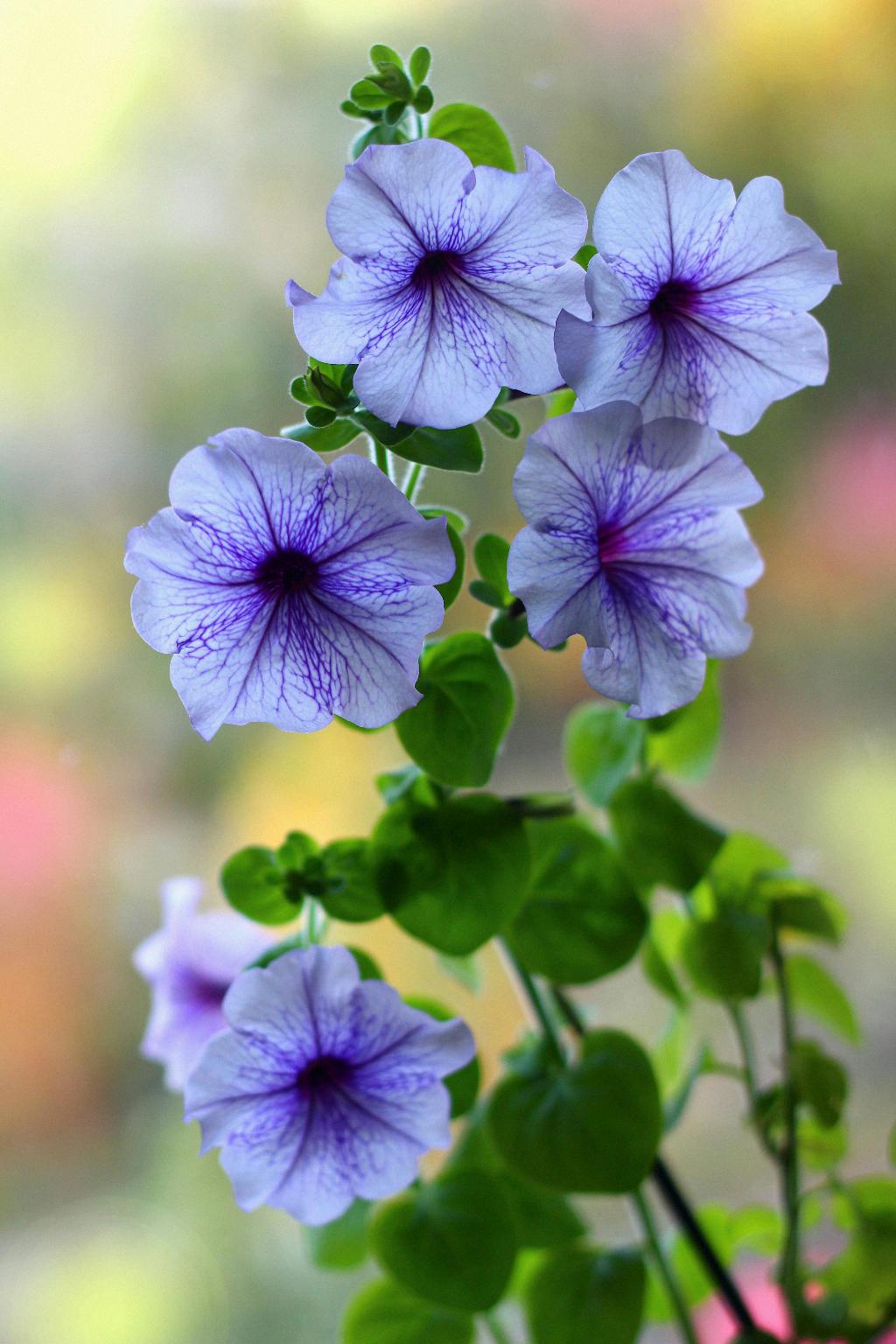When it comes to growing and caring for petunias, there are several key factors to consider in order to ensure that your plants thrive. From sunlight requirements to watering needs, proper care is essential to keep your petunias healthy and vibrant.
Sunlight
Petunias are sun-loving plants that prefer full sun. It is crucial to choose a planting location that receives at least 6 hours of direct sunlight per day. In hotter climates, providing partial shade in the afternoon can help protect the petunias from the intense heat of the sun.
Watering
Proper watering is essential for the health of petunias. These plants prefer soil that is evenly moist, but it is important to avoid overwatering as it can lead to root rot. To determine if your petunias need water, simply check the soil moisture with your finger and water only when the top inch of soil feels dry.
Soil
Choosing the right soil is crucial for the growth of petunias. They prefer well-draining soil that is rich in organic matter. A good quality potting mix or garden soil mixed with compost can provide the ideal growing medium for petunias.
Fertilization
Regular fertilization is important to ensure that petunias receive the nutrients they need to thrive. A balanced fertilizer can be applied every two to four weeks during the growing season to promote healthy growth and vibrant blooms.
Deadheading
Deadheading, or removing faded flowers, is essential to encourage continuous blooming in petunias. By regularly deadheading spent blooms, you can help the plant redirect its energy into producing new flowers, resulting in a longer blooming period.
Pruning
Pruning petunias can help them maintain a neat and compact growth habit. Trimming back leggy or overgrown stems can promote bushier growth and encourage more flowers. It is best to prune petunias regularly throughout the growing season.
Pest and Disease Control
Keeping an eye out for common pests such as aphids, spider mites, and caterpillars is important when caring for petunias. Regularly inspecting the plants and taking prompt action at the first sign of infestation can help prevent pest damage.
Container Gardening
Petunias are well-suited for container gardening and can thrive in pots, hanging baskets, or window boxes. When planting petunias in containers, be sure to choose a pot with adequate drainage holes and use a high-quality potting mix to ensure proper growth.
Propagation
Propagating petunias can be done through cuttings or seeds. Taking stem cuttings from healthy plants or collecting seeds from spent flower heads can allow you to propagate new petunia plants for your garden.
Overwintering
In regions with cold winters, petunias are often grown as annuals. To overwinter petunias, you can bring container-grown plants indoors before the first frost and provide them with adequate sunlight and water to help them survive the winter months.
Final Thoughts
By providing the right growing conditions, regular care, and attention to detail, you can successfully grow and care for petunias in your garden. Whether planted in the ground or in containers, petunias can add a splash of color and beauty to your outdoor space throughout the growing season.

